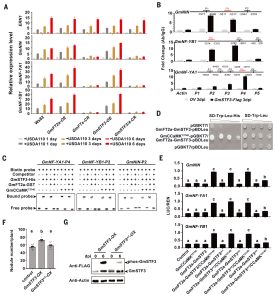On paper, data scientist Gunasekaran Manogaran has had a stellar scientific career. He earned an award as a young researcher from the Bill and Melinda Gates Foundation and landed a series of postdoctoral and visiting researcher positions at universities in the U.S, including the University of California, Davis; Gannon University in Pennsylvania; and Howard University in Washington, D.C. His h-index — a measure of a researcher’s impact and productivity — is 60, a number that by one model would mark him as “truly unique” if achieved within 20 years. He did it in fewer than 10.
Emails obtained by Undark, however, suggest some researchers have doubts about his publishing record. The correspondence includes an initial message from someone claiming to have previously worked with Manogaran. It was sent to some 40 editors of scientific journals, many owned by major scientific publishers: Elsevier, Springer Nature, Wiley, and Taylor & Francis among them.
The sender alleges that Manogaran and others run a research paper publishing scam — one that both generates revenues and artificially burnishes the scientific bona fides of individual and institutional participants. In particular, the alleged scheme targets what are known in the scientific publishing industry as “special issues” — self-contained special editions that are not part of a journal’s regular publishing schedule, typically focused on a single topic or theme.
The email, dated April 12, 2022, informs the journal editors that they may have partnered with members of this alleged scheme and urges them to take action. “If you don’t do that there would be a next group doing the same scam in name of different persons,” the email states.
Continue reading In a Tipster’s Note, a View of Science Publishing’s Achilles Heel









